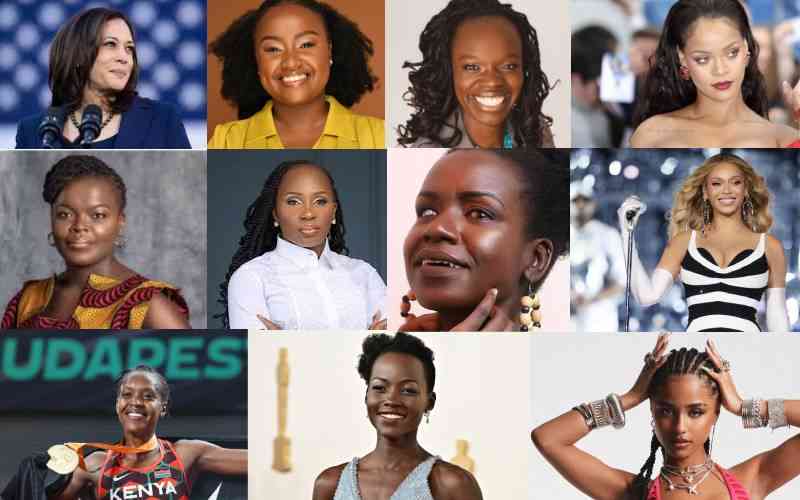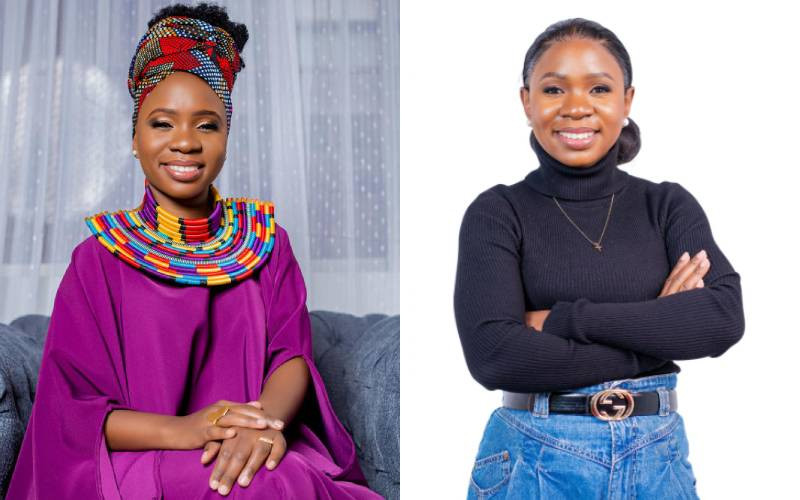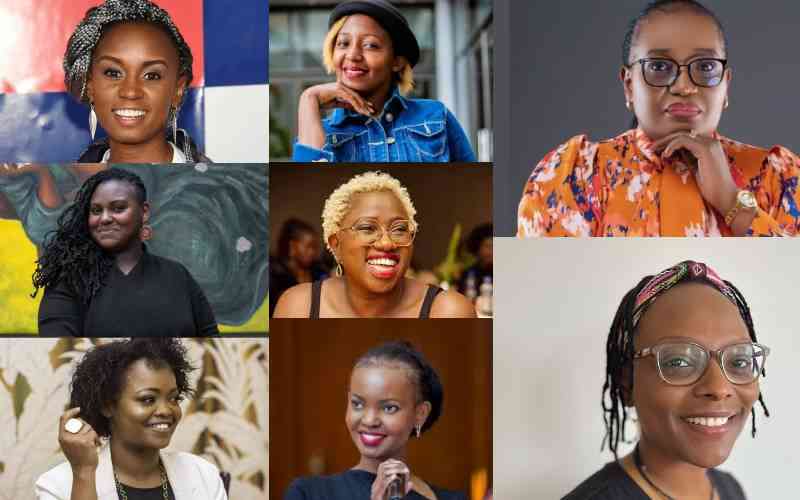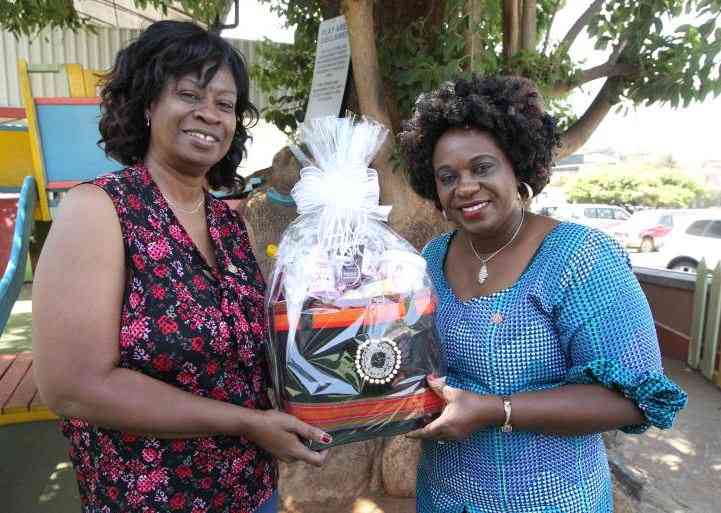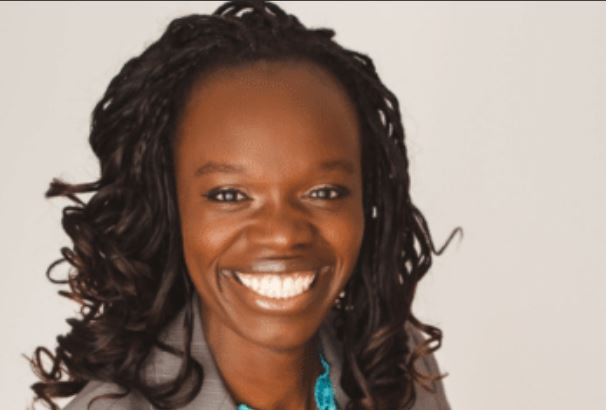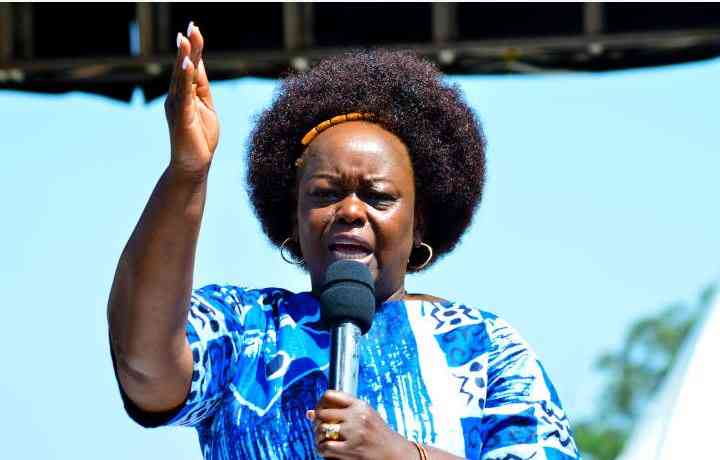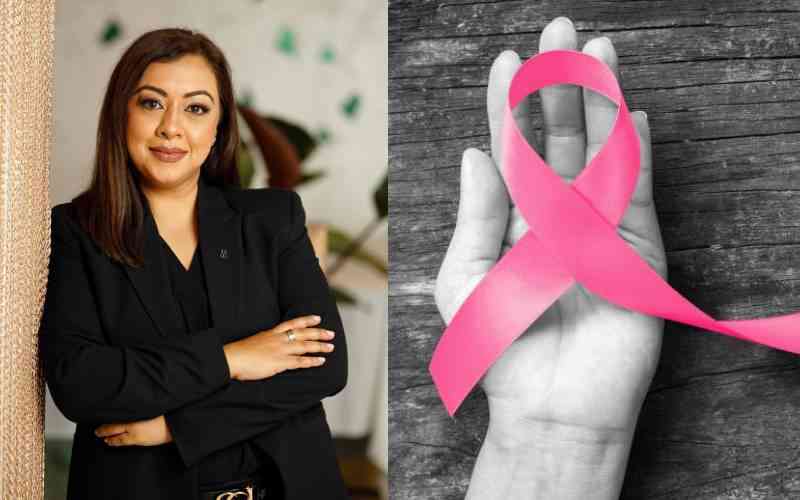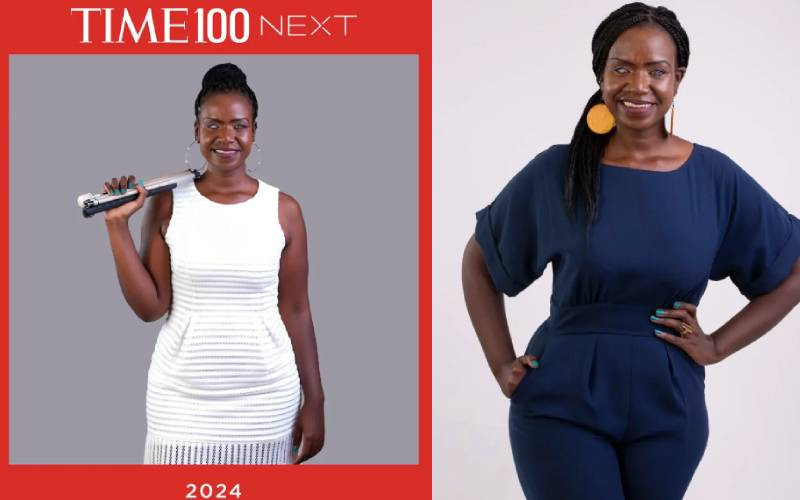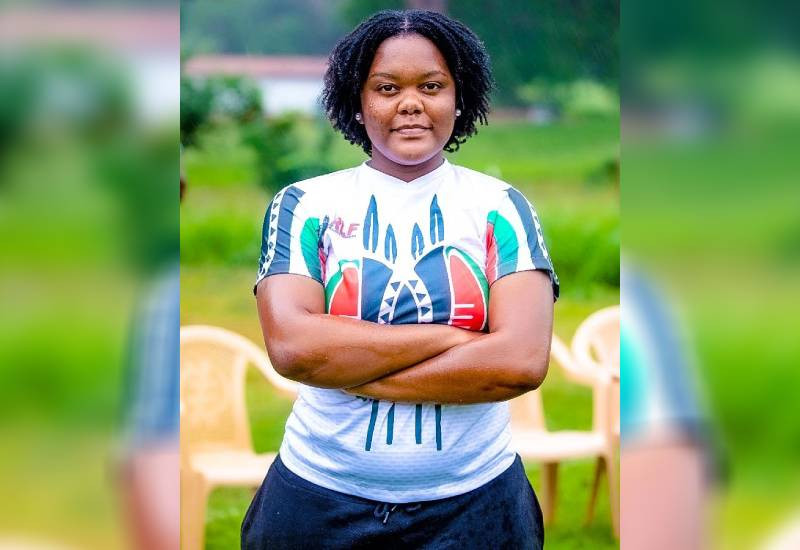
Damima Duffield falls under the category of passionate sportspersons. She is the Kenya Rugby League Federation (KRLF) team manager and handles both the men’s and women’s team.
“Sports is a big part of my identity. I have been playing since I can remember. When I was in school, I excelled in sports even when all else fluctuated,” says Damima.
Before realizing where her passion truly lies, Damima played different sports, like hockey and football. However, there was no rugby for girls at school.
“At break time, we could play with the boys, but during P.E. lesson there was no rugby. I did not have much of an interest at that time though.”
She tried playing club football after high school, but it did not last long. She also played hockey and according to her, it was fun, but just like football, it did not go on for long.
“As someone who chooses integrity most of the times, I did not like the fact that only a few people showed up for training, but when it was time to play, those who did not make an effort would show up and even get more playing time.”
One day, she was invited to watch a rugby match and her interest started growing.
“I met up with a friend. At the time, he was the physiotherapist for the U20 Rugby National Team. At the time, the players were at a camp. He made his calls and I ended up joining them.”
To her, the camp was an unforgettable experience. She was a provided with a great learning experience because in as much as she played the game for leisure when in school, she did not understand the game professionally.
“I finally got the opportunity to learn the game properly and that is how I started though not in the field. I watched for a couple of years. The first club I supported was Impala, probably because they were closer to where I lived.”
The number of times Impala played a huge role in building her career is huge. Her doors started opening one by one as soon as she associated herself with the club.
Most people start their sports careers in the field as players. On the contrary, Damima was working for Impala even before she started playing for any team.
“There came a time when the club needed someone to manage the gate. Since I was doing nothing with my time other than watching, I took the opportunity. They actually realised they could make money at the gate through what I was doing.”
Damima remembers giving her all in the role she was given. Her effort did not go unnoticed; she was pushed to do different things. During one of the Impala friendly tournaments, she assisted the tournament director.
“I am sure there are people who were wondering why, but this is how you build your trust with people. I would say that I am forever thankful to the guys in management at Impala because they saw potential in me even when no one did.”
In 2011, Damima was approached by several ladies, requesting her to join them on the field.
“I remember this one that came and said, ‘huwezi kuwa na bass hivi na huchezi rugby’. I didn’t think much of it at the time until one more person asked me to try.”
At this point, she had learnt a lot through watching and analyzing most of the matches so she got convinced and started playing.
“When I first started, it was not easy, it was different. For rugby, you just have to be tough because it is full contact. Most girls were like tomboys or really tough. I didn’t mind that because I was the tomboy when growing up so I somehow felt like I was home.”
She trained for about three months, learning not just rules, but also mastering the rugby craft on the field.
During the years 2011 and 2012, Damima played for Mwamba RFC. Other engagements came up and she went away for a while but she was called back to the team. They needed her.
“After a period of time, I did not have much of an interest to play for the national team. At that time, I felt like the culture had not changed as much and since I needed to make it change, I decided to get into management.”
After leaving the field, she went into TV where she was a rugby reporter before becoming a host in a sports show.
Her experience with rugby has been a mixture of sweet and sour, but mainly sweet. Her virtue of integrity led to one of her sour moments, when she unapologetically opened up about harassment.
Damima says not taking action is one of the reasons why most girls don’t open up when they face such challenges. As a lady in management, these are some of the thing she advocates against.
“We are about to start our third domestic season. In those three years, we have gone for sort of African Championship thing. We came third out of four teams, which is great seeing as that was our first trial. Last year wasn’t so great in terms of results, but we gained really good experience.”
Damima is passionate about seeing women in rugby winning. This passion goes deep to the point that she sees the young girls as her children.
“I want to create a safe space. I am so happy to say, and not to brag, that many people have come to me and said that they are not okay. There was a project I did with Tanqueray and my message was heavy on people speaking up. A player’s performance in the field is highly dependent on their mental health and my aim is to see healthy women in the field.”
 The Standard Group Plc is a multi-media organization with investments in media platforms spanning newspaper print
operations, television, radio broadcasting, digital and online services. The Standard Group is recognized as a
leading multi-media house in Kenya with a key influence in matters of national and international interest.
The Standard Group Plc is a multi-media organization with investments in media platforms spanning newspaper print
operations, television, radio broadcasting, digital and online services. The Standard Group is recognized as a
leading multi-media house in Kenya with a key influence in matters of national and international interest.

